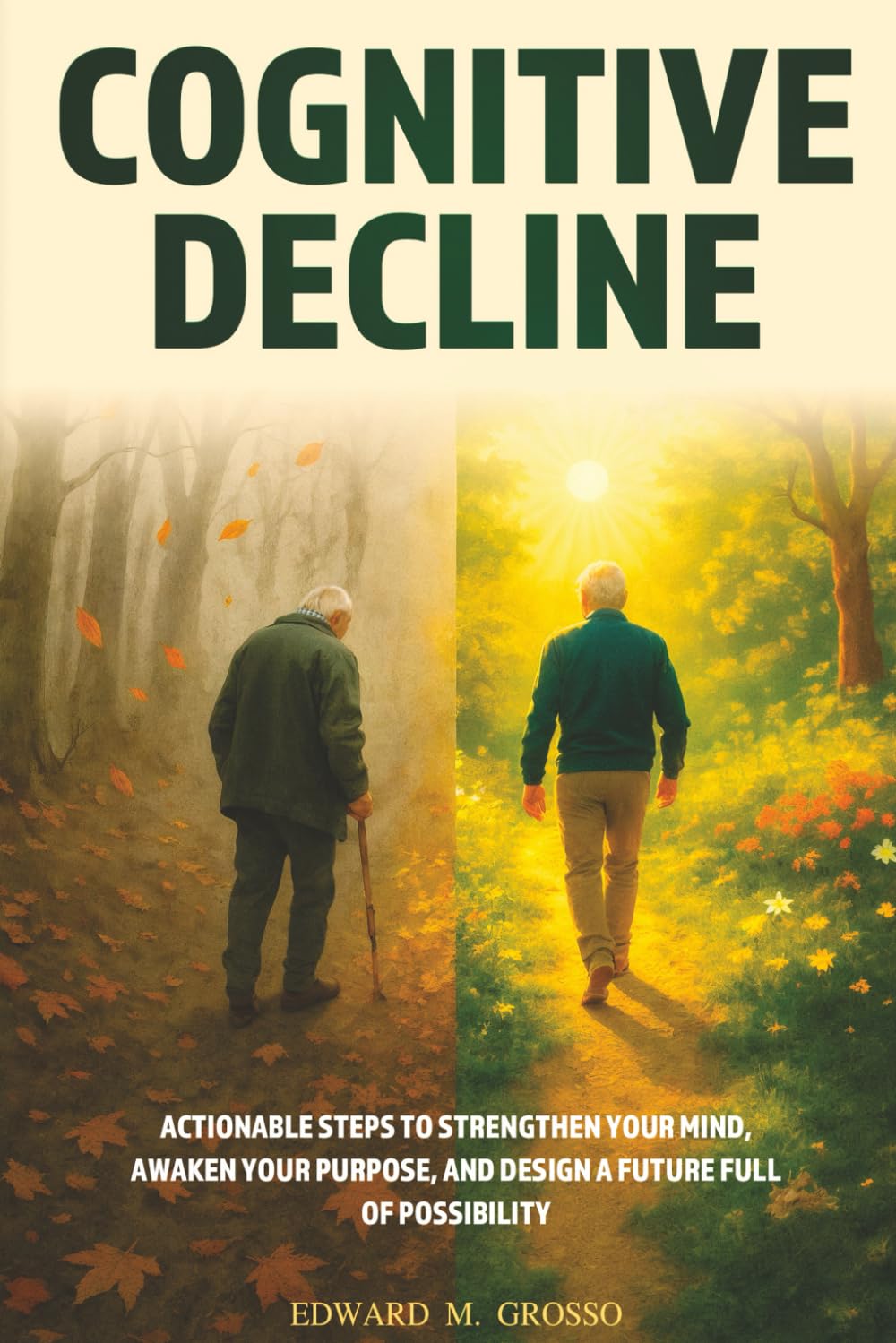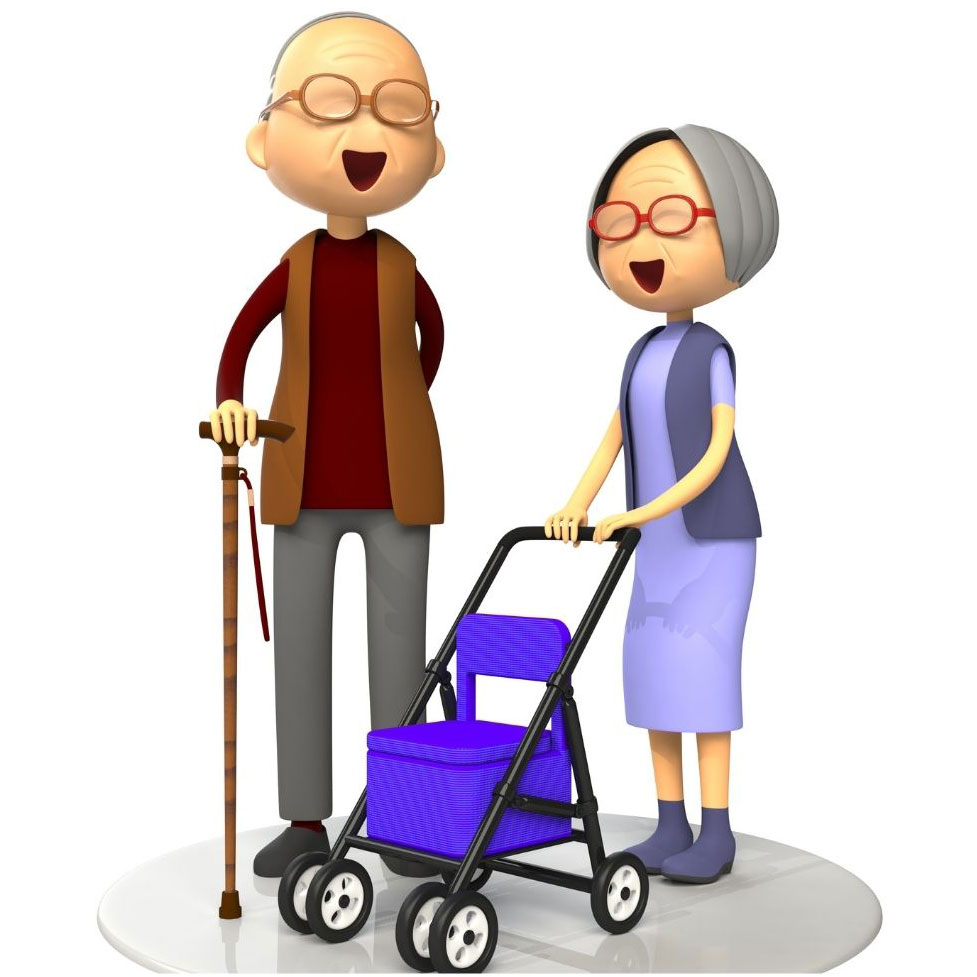Are you concerned about maintaining your mental sharpness as you or a loved one ages? We recently spent time with “Actionable Steps to Strengthen Your Mind,” a practical guide that offers real hope for those facing cognitive decline.
This book takes a refreshing approach by focusing on what you can actually do rather than just explaining what’s happening. The author provides clear, manageable steps that don’t require expensive treatments or complicated routines.

What impressed us most is how the book cuts through medical jargon to deliver straightforward advice. The strategies feel doable for everyday life, whether you’re in your 60s, 70s, or beyond.
Readers appreciate that this isn’t another doom-and-gloom book about aging. Instead, it focuses on building mental strength and finding new purpose.
At 148 pages, it’s not overwhelming to read. The writing stays clear and encouraging throughout, making complex topics easy to understand.
Bottom Line
If you’re looking for practical ways to support cognitive health, this book offers genuine help without false promises.
The actionable approach makes it valuable for anyone wanting to take charge of their mental wellness.
Click here to get your copy and start strengthening your mind today!
Overview of Cognitive Decline: Actionable steps to strengthen your mind, awaken your purpose, and design a future full of possibilities
After spending time with this book, we found it cuts straight to what matters most. The author skips the overwhelming medical jargon and focuses on practical steps we can take today.
The book offers clear guidance on protecting our mental sharpness as we age. We appreciated how it doesn’t just talk about problems but gives us real solutions we can actually use.
What works well:
- Simple language that’s easy to follow
- Practical advice we can start using right away
- Focuses on hope instead of fear
What could be better:
- Some sections feel repetitive
- Would benefit from more real-life examples
We think this book fills an important gap. Many resources either scare us or talk down to us. This one treats us with respect while giving honest, helpful advice.
The emphasis on purpose and future planning sets it apart from other books on aging. It reminds us that getting older doesn’t mean giving up on our dreams or goals.
Empowering Strategies for Mental Vitality
The practical approach in this book made it easy for us to start building better mental habits right away. We found the step-by-step guidance refreshing because it didn’t overwhelm us with complicated theories.
What worked well for us:
- Simple daily exercises we could remember
- Clear explanations without medical jargon
- Realistic goals we could actually achieve
The book focuses on things we can control. We appreciated how it breaks down mental strengthening into small, doable tasks. The author gives us specific actions instead of vague suggestions.
Areas that could be better:
- Some sections felt repetitive
- We wanted more examples for different situations
We noticed the book speaks directly to our concerns about staying sharp as we age. The tone feels supportive rather than scary. After reading it, we felt more confident about taking care of our minds. The strategies don’t require special equipment or expensive programs, which makes them practical for everyday use.
Purposeful Living at Any Age
Finding meaning and direction doesn’t have an expiration date. We discovered that this book offers gentle guidance for anyone wondering about their next chapter in life.
The author presents simple steps to help us reconnect with what truly matters. We found the advice practical rather than preachy. The book doesn’t promise overnight changes but shows us how small daily actions can build momentum.
What We Appreciated:
- Clear, step-by-step approach to finding purpose
- Real examples we could relate to
- Respectful tone that doesn’t talk down to readers
Areas for Improvement:
- Could use more diverse examples
- Some sections feel repetitive
The book helped us think about our goals differently. Instead of focusing on what we’ve lost, it guides us toward what we can still build. We appreciated how it addresses common fears about aging while offering hope.
This feels like advice from a thoughtful friend rather than a lecture from an expert.
Easy-to-Follow Exercises and Techniques
The activities in this book feel manageable and clear. We found the step-by-step format helpful for staying on track.
Each exercise builds on the last one. The author breaks down complex ideas into small pieces. We didn’t feel rushed or confused while working through them.
What works well:
- Simple instructions that are easy to understand
- Activities you can do at your own pace
- No special equipment needed
- Clear examples for each technique
The mental exercises focus on everyday skills. We practiced memory games and problem-solving activities that felt useful. Some techniques help with focus and attention.
Areas that could be better:
- A few exercises felt repetitive after several chapters
- Some activities might be too easy for certain readers
The book includes practical tips we could use right away. We liked how the author explains why each exercise matters. The techniques don’t require a lot of time each day, which makes them easier to stick with.
Accessible Guidance for Readers and Families
The content feels thoughtful and caring toward everyone affected by memory concerns. We found the book speaks directly to older adults without talking down to them. The writing stays clear and simple throughout.
What works well:
- Easy-to-read language that doesn’t overwhelm
- Practical steps families can follow together
- Respectful approach to a sensitive topic
The book gives families a way to have important conversations. We appreciated how it includes loved ones in the process. Many sections work well for reading together or discussing as a group.
Areas that could improve:
- Only four reader reviews make it hard to know how most people respond
- Some families might want more detailed examples
We think this book helps bridge the gap between seniors and their adult children. The advice feels genuine and comes from understanding real struggles families face.
Pros and Cons
After spending time with this helpful guide, we found several strong points and a few areas that could be better. The book takes a practical approach that feels refreshing compared to other resources we’ve seen.
Pros
The most striking thing about this book is how it cuts through all the noise. Instead of overwhelming us with medical jargon, it gets right to what we can actually do about cognitive concerns.
We appreciated the straightforward writing style. The author explains complex topics in ways that make sense without talking down to readers. This feels especially important when dealing with such a personal topic.
The practical steps stand out as the book’s biggest strength. Rather than just describing problems, it gives us real actions we can take. This makes the whole experience feel hopeful instead of scary.
We also found the focus on purpose and future planning meaningful. Many resources only talk about decline, but this one helps us think about growth and possibilities too.
Cons
The main drawback we noticed is the limited number of reader experiences to draw from. With only a handful of reviews available, it’s harder to know how the advice works for different people.
We wished for more specific examples in some sections. While the general advice is solid, more real-life stories would help us better understand how to apply the suggestions.
The book could benefit from more detailed guidance on when to seek professional help. We felt this important topic deserved more attention.
Some readers might also want more scientific backing for the recommendations. The practical approach works well, but additional research references could strengthen the content.
Customer Reviews
We looked through what readers are saying about this cognitive health guide. The feedback shows people find real value in its practical approach.
Many readers appreciate how the book cuts through complex medical information. They mention it focuses on actionable steps rather than overwhelming technical details.
What readers love:
- Clear, practical advice that’s easy to follow
- No-nonsense approach to a sensitive topic
- Helpful for families dealing with cognitive concerns
One reader shared they wish they had found this book when their parents were experiencing cognitive changes. They felt it could have made a real difference in their family’s situation.
Another person mentioned the book offers common-sense solutions instead of just more medical information. They found this refreshing compared to other resources they had tried.
The small number of reviews means we’re working with limited feedback. However, the responses we found suggest readers value the book’s straightforward style and practical focus.
Most people seem to feel more confident about addressing cognitive health after reading it.
Supporting Loved Ones Through Cognitive Changes
When cognitive changes affect someone we care about, we often feel lost about how to help. This guide gave us practical ways to support family members facing these challenges.
What worked well:
- Clear steps for creating supportive conversations
- Tips for maintaining dignity while offering help
- Advice on when to seek professional support
The book shows us how to be present without being pushy. We learned to listen better and offer help in ways that don’t make our loved ones feel helpless.
Areas that could be stronger:
- Limited examples for severe cognitive decline
- Could use more guidance on self-care for caregivers
We appreciated the gentle approach to difficult topics. The strategies helped us stay connected with our family member while respecting their independence. The advice feels realistic and kind, not overwhelming or scary.
Our Final Thoughts
After spending time with this book, we feel it delivers exactly what seniors need most – clear, practical steps without overwhelming details. The authors skip the complicated medical jargon and focus on what actually works in daily life.
What We Loved:
- Simple language that never talks down to readers
- Real solutions you can start using right away
- Hope-focused approach that builds confidence
What Could Be Better:
- Only four reader reviews so far
- Some may want more detailed research backing
We found this book speaks directly to the fears many of us have about getting older. Instead of scary statistics, it offers gentle guidance that feels like advice from a caring friend. The practical tips fit easily into everyday routines.
For families watching loved ones struggle, this book provides a roadmap forward. We wish we’d had something like this years ago when our own family members needed support.






